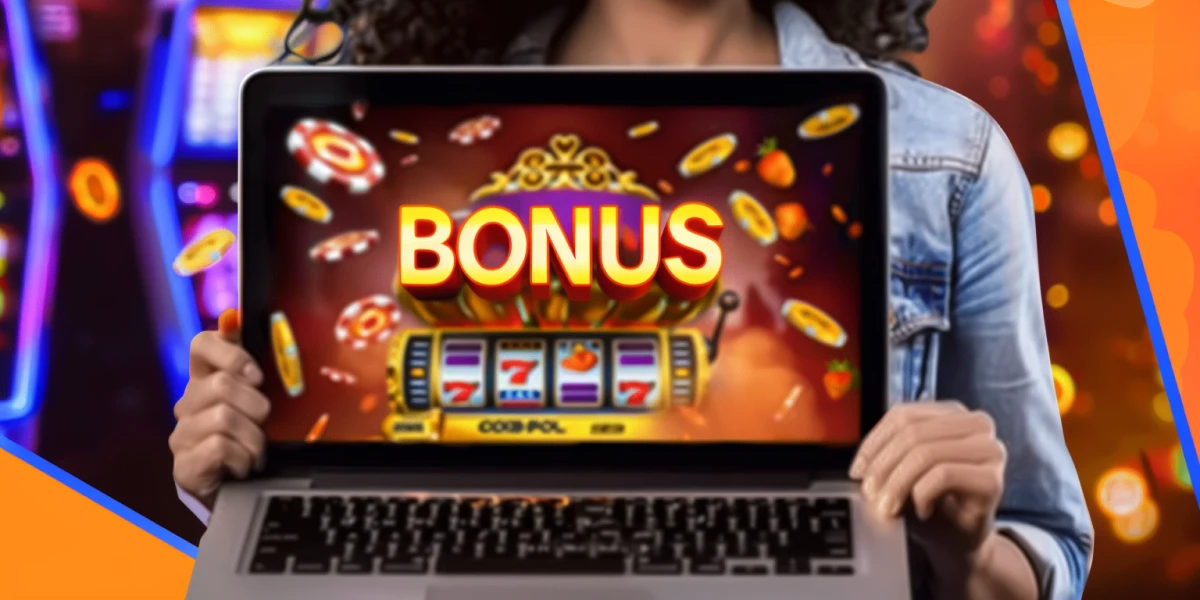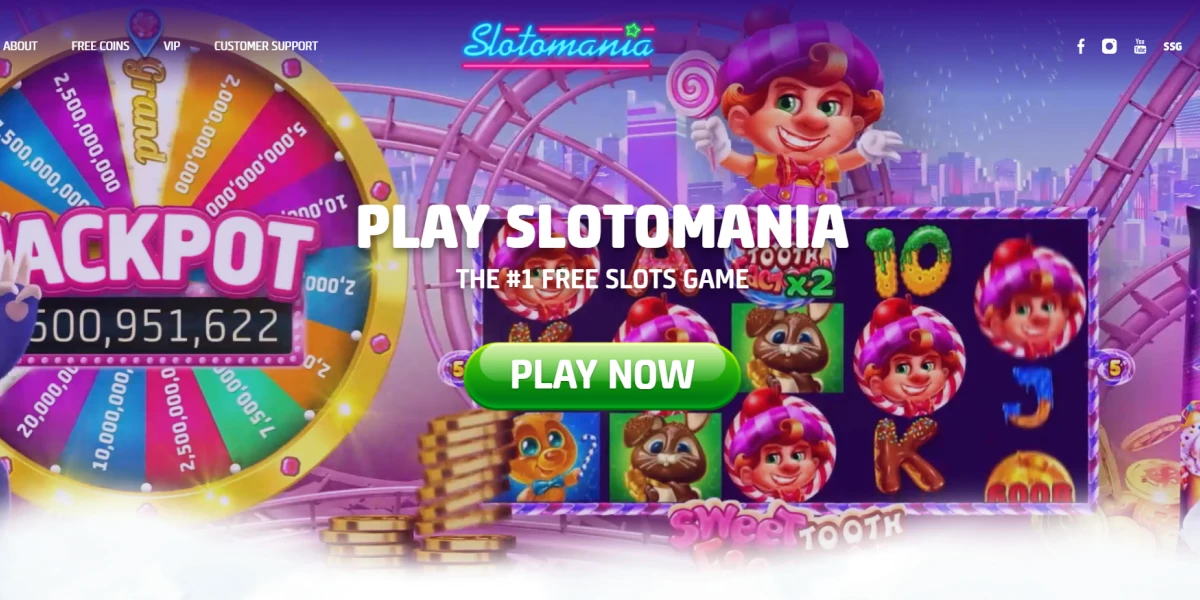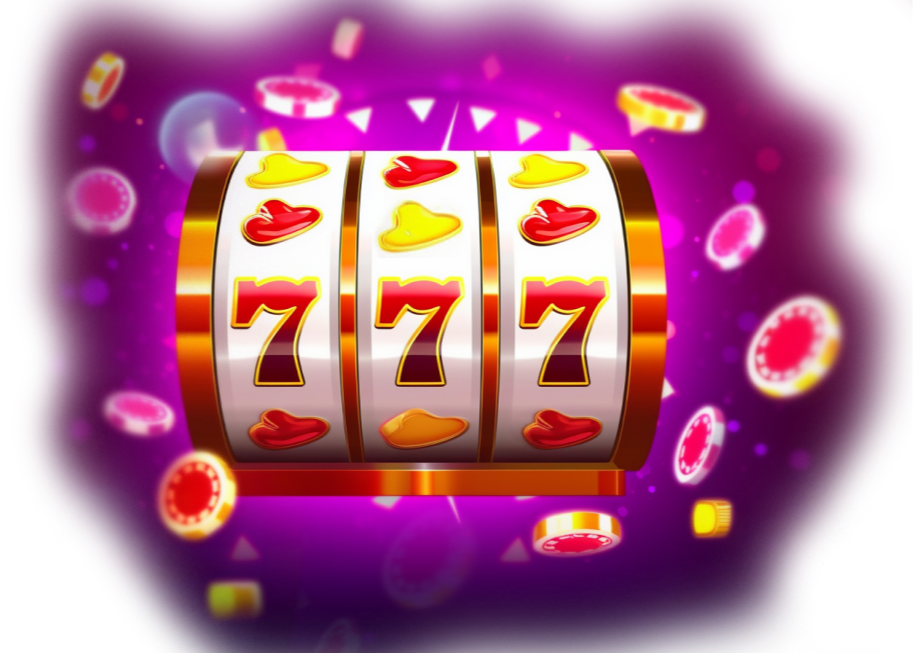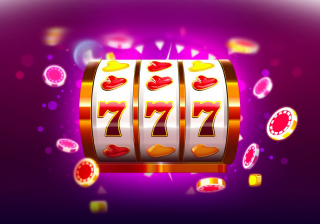5 Best Social Casinos in the US in 2025
While you’re busy finding more reasons to play on social casino apps, here’s a list of social casinos; we think it’s high time you start exploring, don’t you agree?
- Welcome Bonus: 3 Million WOW Coins and 50 Free Sweepstakes Coins ($24.99)
- Number of Games: Over 350
- Operator: WOW Entertainment Ltd.
Your social media ads are probably already stacked with a bunch of social and real money casinos from industry giants like WOW Vegas. Of course, they’re not one to shy away from giving their players a platform for fun social casino gaming and sweepstakes play. It’s one of the top social casinos in the market today and boasts a variety of free casino games to try out.
Now, if you’re a noob at taking advantage of free social apps like most non-gamblers, then WOW Vegas shouldn’t be such a bad choice, right?
Their app can be downloaded from Google Play and the App Store, which is great if you prefer playing from multiple devices. What we like about this social casino app is that it’s affiliated with Novomatic and Pragmatic Play which are no strangers to the gaming industry. We personally enjoy jackpot slots, and WOW Vegas doesn’t fall short in terms of game variety, with more than 350 games in its arsenal, and, what’s more, it has no deposit requirement for first-time customers.
- Welcome Bonus: Max of 1000 Gems and 50% Extra Gems on First Purchase of Shards (registration)
- Number of Games: Over 360 free slot games
- Operator: JSP Media Holdings Limited
Don’t let this one out of your radar, because as one of the top social casino apps in 2025, Vegas Gems might be one of the newer social betting apps to check out, and it shows a lot of promise in terms of offerings and game range. With more than 360 free social casino games, you definitely won’t have a problem dealing with finding new games to try.
The best part? You get a welcome bonus once you register, up to 1,000 gems, and a little extra 50% gems on top of the first shards you opt to spend a little more money on. While they offer a bunch of slot games, Vegas Gems is currently working on adding table games to their app, to liven up the mix, expand their user base, and give social gamers more long-term options. What we find quite interesting is that this new social casino supports crypto payments, giving anyone on the ether a chance to spin their way to success!
- Welcome Bonus: 2,000 Gold coins and two free sweep coins for new players
- Number of Games: More than 150
- Operator: VGW Malta Limited
Operating mainly in the US and Canada, Chumba is a social casino site that comes with an app also called Chumba Lite, which is a crowd favorite with its scintillating draw on engagement and its social media prowess.
Well, if you’re one of those doom scrollers who fell for it and enjoys the free social casino app, then join the club! What we can’t get enough from Chumba is the wide variety of slot games, video poker, baccarat, and slingo games we can try out for free. They’re also pretty generous about their welcome bonuses, giving first-time players a lot to work with when fumbling with those baccarat games.
- Welcome Bonus: 2.3 redeemable sweeps, coins, and 5,000 non-redeemable gold coins
- Number of Games: Over 300
- Operator: Yellow Social Interactive Limited
Great for video slot enthusiasts, Yellow Social Interactive Casino is the virtual place to be if you enjoy exploring multiple slot games on one platform. We think the best part about YSI’s free social casino is the Megaways games and jackpot slots that can be found in more than 300 of its free slot games. Table games and other “hold and win” slot games are available on this platform. Their nifty little app is also perfect for on-the-go players who like to kill time with a few sweeps here and there.
5. High 5 Social Casino
- Welcome Bonus: 600 diamonds, 250 game coins, and 5 free sweeps coins (sign up)
- Number of Games: Over 800
- Operator: High 5 Entertainment LLC
Recently awarded the best social gaming operator in 2023, High 5 Social Casino aims to please you with a whopping 800 slot games, table games, and jackpot slots combined. It’s perfect for folks who love to try multiple free social apps at once since they offer a generous welcome bonus package.
In addition, you could max these bonuses out after signing up and get offers to purchase more sweep coin packages for more chances to win in sweepstakes games. If you stay a while, you might even get access to gaming credits and more VIP points! What else could you need, right?












